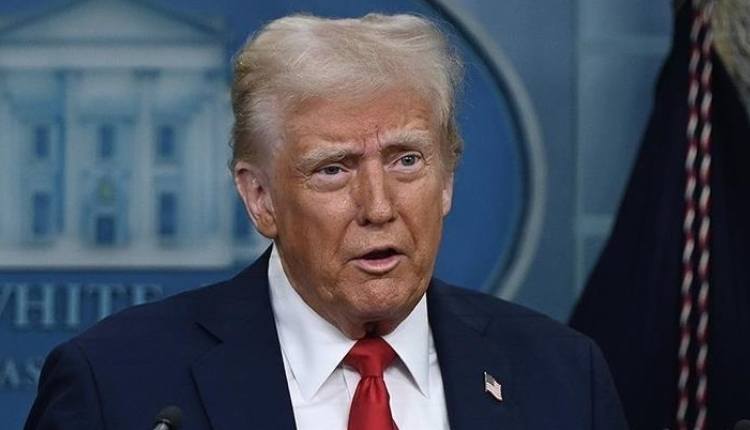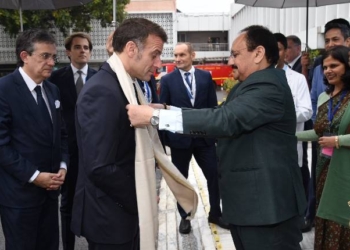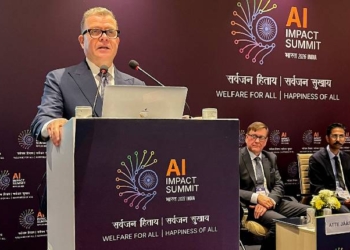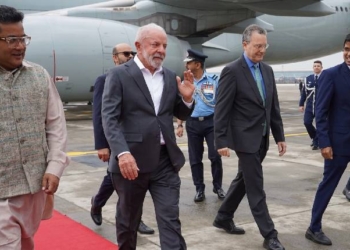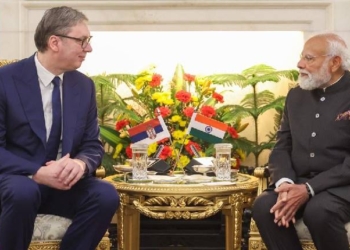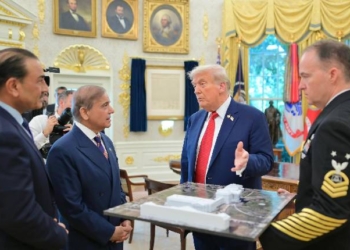Washington: As the US Department of Government Efficiency (DOGE) cancelled $21 million funding for “voter turnout in India,” US President Donald Trump voiced in favour of the decision. Speaking at his Mar-a-Lago residence in Florida, Trump raised the question of why $21 million was given to India, a country with a lot more money.
“Why are we giving $21 million to India? They got a lot more money. They are one of the highest taxing countries in the world in terms of us; we can hardly get in there because their tariffs are so high. I have a lot of respect for India and their Prime Minister, but giving $21 million for voter turnout? In India? What about voter turnout here?” Trump remarked.
The controversy erupted after the DOGE, led by Elon Musk, announced the cancellation of the $21 million grant on February 16. In a post shared on X, DOGE outlined several foreign assistance programmes that had been deemed unnecessary or excessive, with the India voter turnout project topping the list.
“US taxpayer dollars were going to be spent on the following items, all of which have been cancelled,” the DOGE statement said, highlighting the cancellation of multiple international initiatives, including $29 million for “strengthening the political landscape in Bangladesh” and $39 million aimed at “fiscal federalism” and “biodiversity conservation” in Nepal.
The ruling Bharatiya Janata Party (BJP) in India quickly criticised the grant’s cancellation, with party spokesperson Amit Malviya condemning it as “external interference” in the country’s electoral process. He questioned the motivations behind the funding, stating, “Who gains from this? Not the ruling party for sure!”
Malviya also linked the funding initiative to what he called “systematic infiltration” of Indian institutions by foreign entities, particularly singling out George Soros, a billionaire investor often accused by right-wing political figures of attempting to influence domestic politics. The BJP spokesperson suggested that Soros’s influence had a role in past foreign-funded initiatives, including a controversial 2012 Memorandum of Understanding (MoU) between the Election Commission of India and the International Foundation for Electoral Systems (IFES), an organisation associated with Soros’s Open Society Foundation.
“Once again, it is George Soros, a known associate of the Congress party and the Gandhis, whose shadow looms over our electoral process,” Malviya claimed.
He further criticised the previous Congress-led government for enabling foreign involvement in India’s electoral system, calling it part of a broader pattern of undermining national interests.
(IANS)




